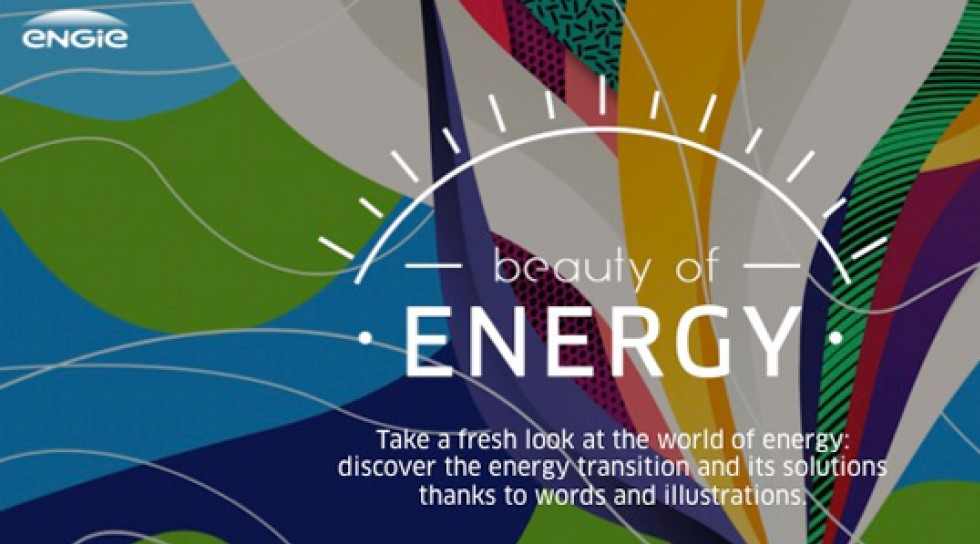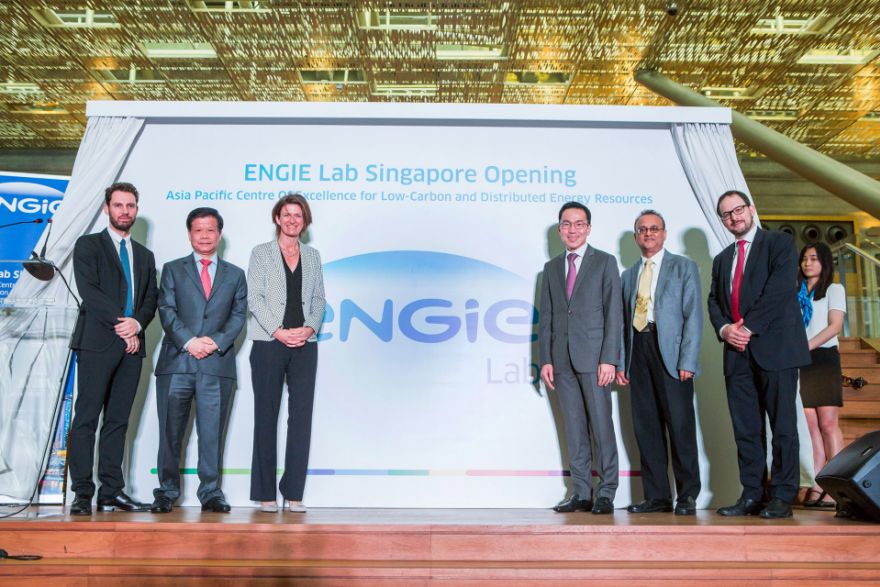French energy giant Engie to bring its GEMS unit to India: CCO Naresh Baluja

French energy giant Engie to bring its GEMS unit to India: CCO Naresh Baluja
Engie’s decision to bring its Global Energy Management and Sales (GEMS) entity to India reflects the company’s strong commitment to expanding its operations in the Indian market. This move is particularly significant given Engie’s status as one of the leading foreign investors in India’s solar power sector. Engie India, established in 2014, has steadily developed its presence in Delhi and Pune, signaling its long-term interest in the region.
While Engie’s current renewables capacity in India is approximately 1.7 GW, the company has ambitious plans to significantly enhance its portfolio. By 2030, Engie aims to increase its India renewables portfolio to 5.5-6 GW, underscoring its commitment to sustainable energy development within the country.

With a global renewable energy business of about 42 GW, Engie has set a target to further amplify this capacity to 80 GW by 2030, indicating its global aspirations and dedication to renewable energy initiatives worldwide. This strategy aligns with the broader shift towards sustainable energy sources and underscores Engie’s role as a key player in the global renewable energy landscape.
Engie’s strategic shift from being solely a utility player to serving the commercial and industrial sector demonstrates the company’s adaptability and vision for diversification. Naresh Baluja’s statement regarding the entry of Engie GEMS into India in 2024 highlights the company’s focus on offering comprehensive solutions in the energy sector. GEMS, as an end-to-end solution provider, will facilitate energy trading, carbon offsets, and the implementation of sustainable solutions such as ammonia and green hydrogen.

As a decarbonization partner, Engie GEMS aims to support India’s sustainability goals by curating tailored products and services for local customers. This move indicates Engie’s dedication to not only investing in renewable energy projects but also contributing to decarbonization efforts in the country. The company’s focus on green steel, alternative fuels, bio methane, and green hydrogen as storage solutions underlines its commitment to exploring and implementing a diverse range of sustainable technologies.
Engie’s commitment to providing holistic solutions reflects its recognition of the need for comprehensive approaches to address climate change and support India’s transition to a more sustainable and eco-friendly energy landscape. This shift in focus underscores the company’s intention to play a key role in India’s sustainable development journey.

Engie’s emphasis on exploring new energy segments, including green hydrogen and green ammonia, underscores the company’s recognition of the evolving energy landscape and the growing importance of sustainable alternatives. In addition to its focus on traditional renewable energy sources, Engie’s interest in emerging technologies such as smart meters, battery storage, battery swapping, and electric mobility reflects its commitment to fostering innovation and promoting a comprehensive energy ecosystem.
The company’s positive outlook on the Indian market is rooted in the country’s substantial scale and the diverse opportunities it presents. Engie’s ability to selectively participate in different sectors within the Indian market allows it to tailor its approach according to its expertise and strategic objectives. With the Indian government’s consistent efforts to promote renewable energy through initiatives such as the annual 50 GW auctions, Engie sees ample prospects to pursue its targeted goals while aligning with the nation’s renewable energy objectives.
Engie’s global approval of this selective yet scalable strategy indicates the company’s cohesive approach towards its operations worldwide, leveraging opportunities while maintaining a strategic focus on specific sectors. This approach underscores Engie’s commitment to sustainable growth and its alignment with global and local renewable energy goals. By combining selectivity with ambitious scaling targets, Engie aims to make a significant contribution to India’s renewable energy landscape, catering to the growing demand for sustainable and environmentally friendly energy solutions.
Engie India’s strategic move to engage Kotak Investment Banking for the purpose of identifying a suitable joint venture partner signifies the company’s proactive approach towards expanding its solar power capacity in the Indian market. With a target of establishing nearly 3 GW of solar power capacity, Engie India aims to raise approximately $300 million in equity through this partnership, indicating its commitment to substantial growth and investment in the renewable energy sector.
While specific details regarding the potential partners remain undisclosed, Naresh Baluja’s acknowledgment of the ongoing discussions suggests that Engie India has made significant progress in this endeavor. By emphasizing the importance of retaining the development aspect and a majority stake in the proposed joint venture, Engie India emphasizes its status as a strategic industrial player rather than a purely financial investor.
Furthermore, Engie India’s desire to maintain control over crucial aspects such as development, construction, and operations aligns with its goal of ensuring a comprehensive and integrated approach to solar power projects. The potential consideration of an infrastructure investment trust (InvIT) or an operational partner for future project management highlights the company’s forward-thinking strategy, demonstrating its intention to optimize the operational efficiency and financial viability of its solar power ventures.
Engie India’s pursuit of a structured partnership approach underscores its commitment to sustainable growth and investment within the Indian renewable energy sector, emphasizing a balance between operational control and strategic collaboration for long-term success and impactful contribution to the country’s renewable energy landscape.




